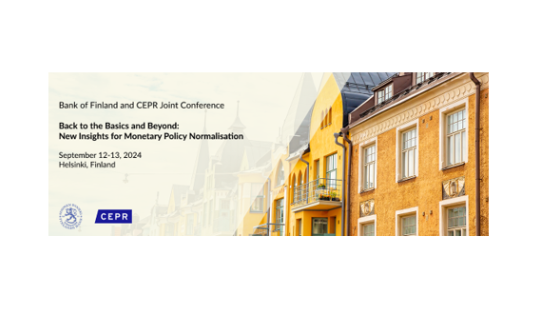DP13376 Animal Spirits and Fiscal Policy
We extend the behavioral macroeconomic model proposed by De Grauwe (2011) by including fiscal policy. In this model, agents have limited cognitive capabilities and use simple heuristics to forecast output and inflation. However, thanks to a learning mechanism, agents can revise their forecasting rule according to its performance. This feature produces endogenous and self-fulfilling waves of optimism and pessimism (animal spirits). This framework allows us to show that the short-run spending multiplier is state-dependent. The multiplier is stronger under either extreme optimism or pessimism and reduces in periods of tranquility. Furthermore, the more the central bank focuses on output stabilization, the smaller the multiplier. We also show that periods of increasing public debt are characterized by intense pessimism, while intense optimism occurs in periods of decreasing debt. This allows us to show that governments face a trade-off between the stabilization of the output gap and the stabilization of public debt. We also evaluate our model at the zero lower bound and find that the lower the inflation target, the more likely the system can be gripped in a deflationary spiral that is dynamically unstable and characterized by chronic pessimism and exploding public debt.


